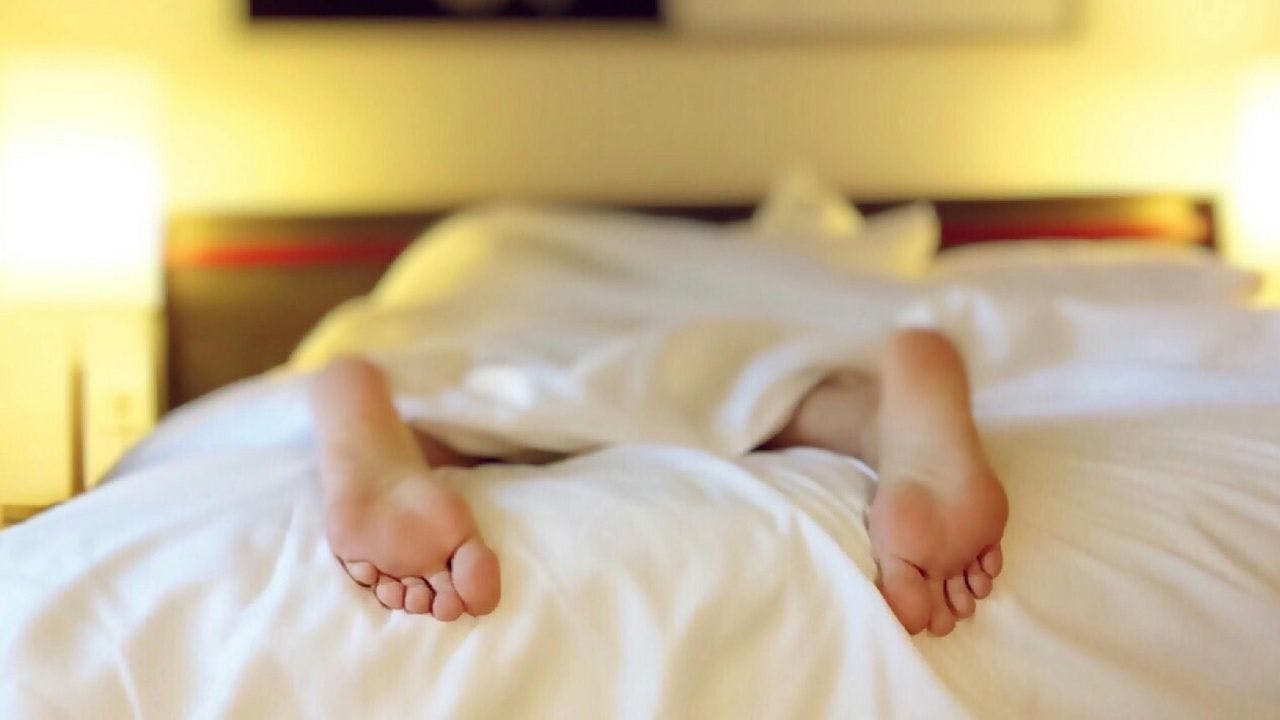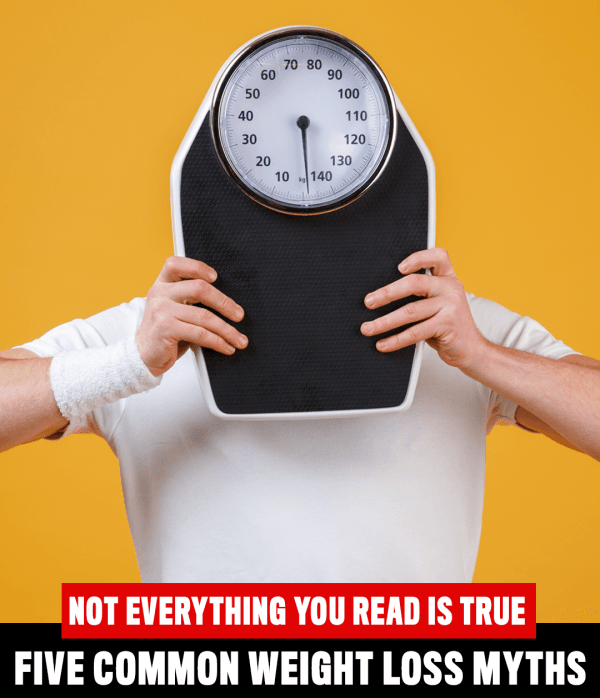You Snooze, You Lose: How Sleep Impacts Weight Loss
•Weight loss

Share
We all know how detrimental sleep is to our health. It helps our body physically and mentally recover from the long days we endure, but did you know that lack of sleep can negatively impact your weight loss journey?
Unhappy Hormones
Not getting enough sleep disrupts your body’s hormonal balance, two of which regulate appetite. When sleep-deprived, our ghrelin levels rise. Ghrelin is known as the hunger hormone, it’s produced in the gut, travelling to your brain, sending a signal to ‘feel’ hungry. The second is called leptin, a protein produced by fat cells that acts primarily in the regulation of appetite and fat storage.
Now that the science is out of the way, what exactly does this mean?
Well, when we’re sleep deprived, ghrelin levels rise, signalling hunger, while leptin levels drop, reducing feelings of fullness. As a result, we tend to eat more, often opting for high-carb and high-fat foods.
Glucose Metabolism & Stress
Not only does sleep deprivation mess up our hormones, but it also impairs glucose metabolism which can lead to insulin resistance and increased fat storage!
Don’t even get us started on stress — chronic sleep deprivation elevates our cortisol levels, otherwise known as the stress hormone. When our cortisol levels rise, so does fat retention, especially around the gut.
Rest Up
Sleep is important for your overall wellbeing. It’s recommended to get 7-9 hours a night, but the length of your snooze doesn’t necessarily equate to a good quality sleep. There are things you can do throughout the day to help ensure your body gets a quality rest.
Take a look at our guide on how to get a good night’s sleep and we promise you, your body will thank you for it!




